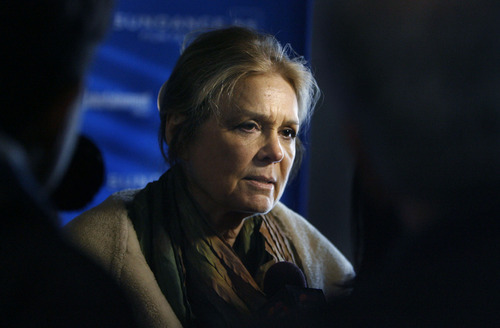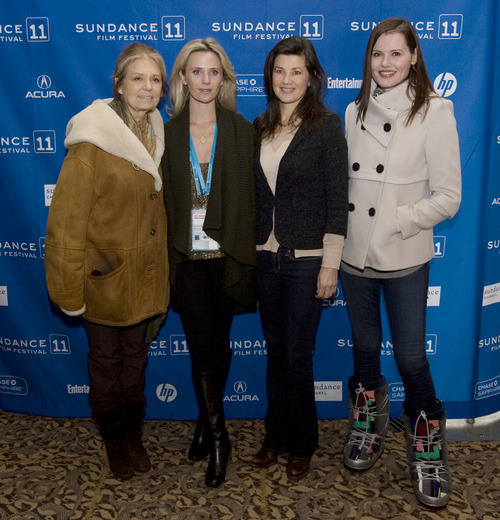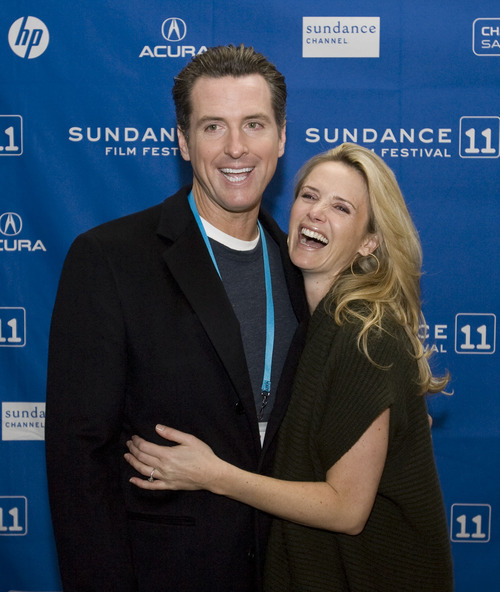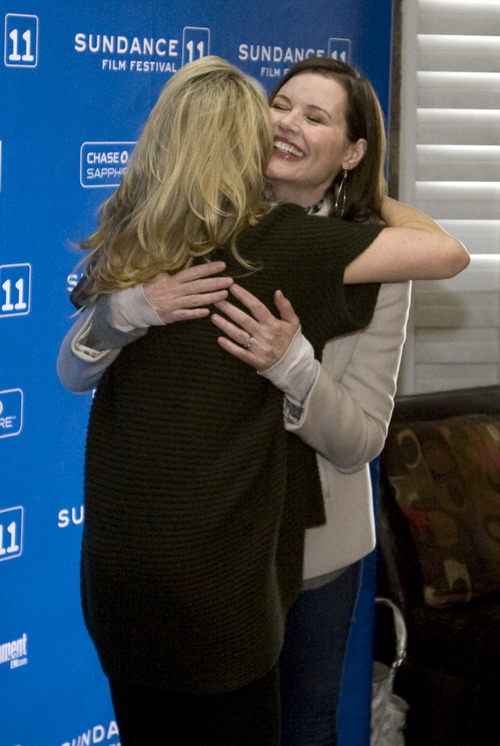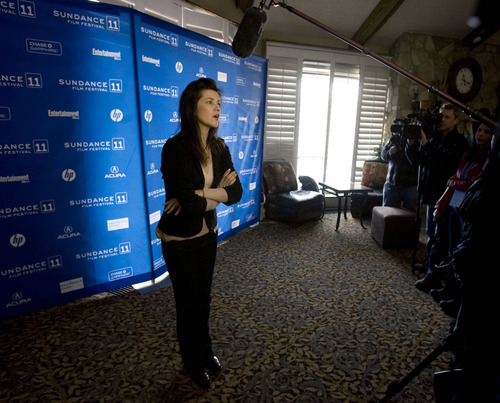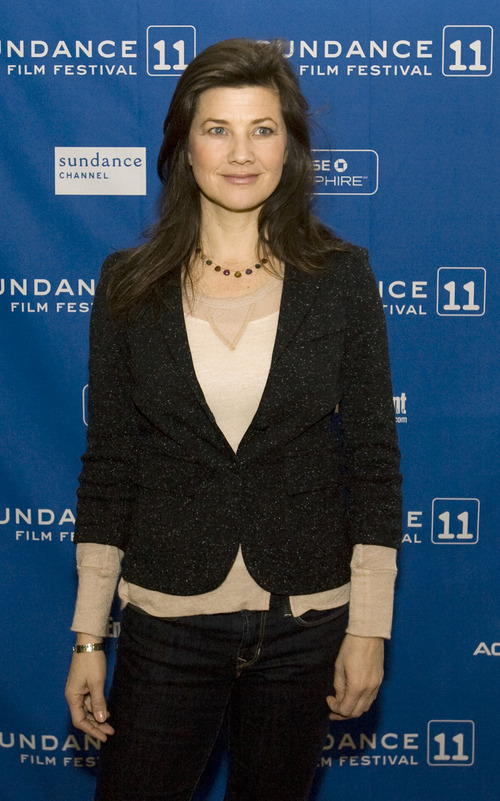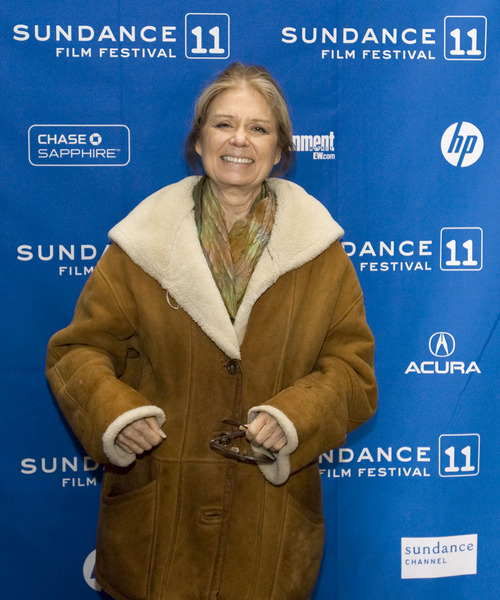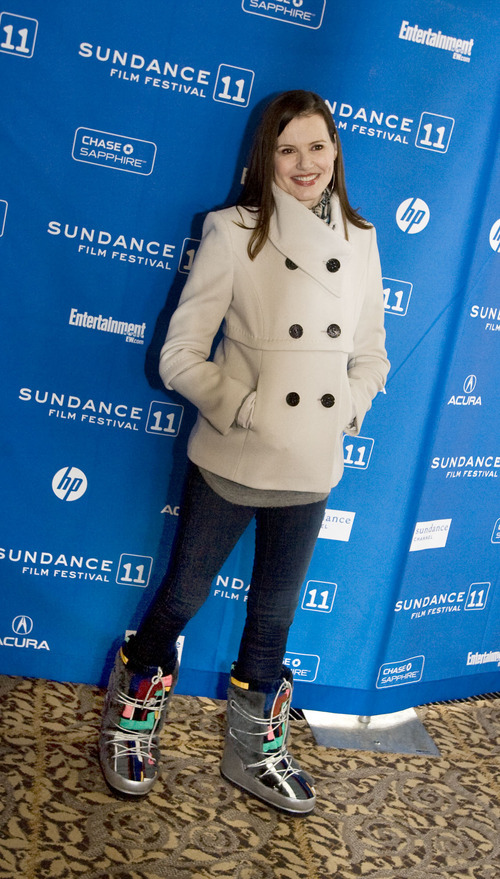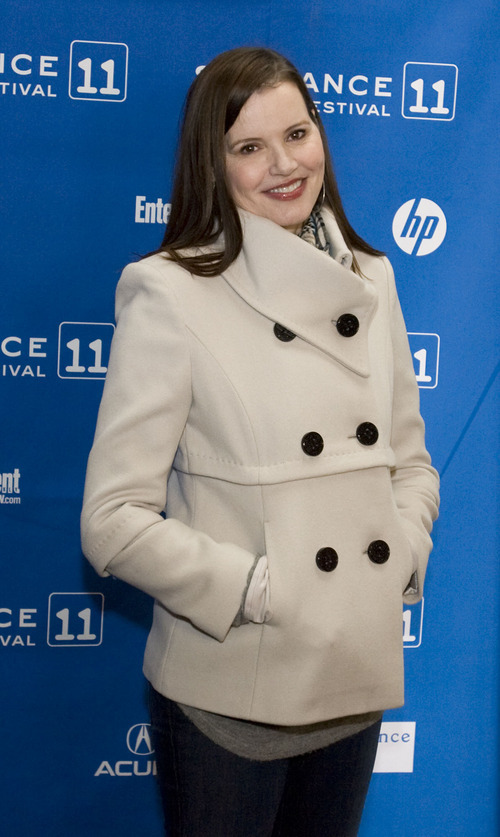This is an archived article that was published on sltrib.com in 2011, and information in the article may be outdated. It is provided only for personal research purposes and may not be reprinted.
Billions of hours of screen time have passed since the feminist revolution changed the world, yet women are still depicted in movies and on TV mostly as wives or girlfriends, with their sole ambition to find love.
Such limited media portrayals aren't just shocking or limiting — they're harming whole new generations of girls and their male counterparts, according to the slickly produced and hard-hitting new Sundance documentary "Miss Representation," directed by Jennifer Siebel Newsom, an actor who is married to California Lt. Gov. Gavin Newsom. The film premiered to a sold-out crowd on Saturday afternoon, followed by a panel featuring famous talking heads, including feminist icon and writer Gloria Steinem, and Mensa member and actor Geena Davis.
Steinem welcomed attendees, crowning them as members of the International Women's Revolutionary Government in Exile. She cautioned that pointing out sexism in media is easy; getting heard or making a difference is much more difficult. "It's as if women can't be serious," she said. "This goes so deep in our society, and you will be accused of being a 'single-issue person.' "
Davis was the first female actor to play an American president on TV's short-lived "Commander in Chief" in 2005. She expressed concern about the lack of range in female roles, "in every media, even cartoons." (And talk about unrealistic body images: In animated films, female characters are likely to have waists smaller than most women's upper arms, Davis said.)
Six years ago, the actor and mother founded the nonprofit Geena Davis Institute on Gender in Media, which includes See Jane, a programming arm aimed at making entertainment in which "females are valued as much as males."
Davis cited a decade-long study of on-screen gender roles conducted by the USC Annenberg School for Communication & Journalism, which found three male characters on screen for every female character, while the overwhelming aspiration of women depicted in movies is to find romance.
The No. 1 job for female movie characters is being royalty. "That's nice work if you can get it," Davis quipped.
The study also reports that in G-rated movies, female characters wear the same amount of clothing — which isn't very much — as characters do in R-rated movies. And the more television girls watch, the more they feel as if their options in life are limited, Davis said, while the more hours of television a boy watches, the more sexist views he adopts.
What can be done about sexism in the media? Newsom suggests writing old-fashioned snail-mail letters to network and TV executives, saying one letter to a studio executive represents 10,000 viewers.
As for Steinem, she encouraged attendees to recall the spunk of childhood. "We all remember what it was like when we were small, and we were bossed around by adults. We said, 'You're not the boss of me,' " Steinem said. "Tell the media you're not the boss of me, and you're not going to portray women like this."
See "Miss Representation" yourself
9 a.m., Tuesday, Jan. 25 • Temple Theatre, Park City
3:45 p.m., Wednesday, Jan. 26 • Broadway Centre Cinema V
Noon, Thursday, Jan. 27 • Holiday Village Cinema IV, Park City
2:30 p.m., Saturday, Jan. 29, • Prospector Square Theatre, Park City
More • View a trailer at http://www.missrepresentation.org/welcome.html.


